This monumental work includes 5 novels and 5 parallel stage plays, like emotional artistic slices, so that the public can deeply feel his life and career.

Reenacting Uncle Ho's journey "From Viet Bac to Hanoi"
After many years of preparation, persistently accumulating documents, historical materials and conducting research trips at home and abroad; conducting integration, analysis, comparison and cross-checking of existing documents, from 2022 to 2025, Associate Professor, Doctor, writer Nguyen The Ky launched the complete historical novel "Nuoc non van dam" including 5 volumes "No nuoc non", "Lenh dong bo bien", "Tu Viet Bac ve Ha Noi", "Duong lenh Dien Bien", "Viet Nam - Ho Chi Minh ". In step with the prose genre, author Nguyen The Ky, People's Artist Trieu Trung Kien, playwright Hoang Song Viet and artists of the Vietnam Cai Luong Theater (now the Vietnam National Traditional Theater) planned to adapt and stage 5 stage plays of the epic art of the same name.
The stage play “Debt to the Country” (corresponding to volume 1 of the novel) was premiered in Hanoi, Ho Chi Minh City and many provinces and cities across the country since 2022, and has had over 100 performances to date. The stage play “Drifting on Four Seas” (corresponding to volume 2) is in the staging plan. In particular, the reformed opera “From Viet Bac to Hanoi” (corresponding to volume 3) has just premiered in the capital, on the occasion of the 80th anniversary of the successful August Revolution and National Day September 2.
The play “From Viet Bac to Hanoi” is faithful to the chronicle narrative style of the novel. Director, People's Artist Trieu Trung Kien has distilled and recreated the story in chronological order from 1941 to 1945, from when Nguyen Ai Quoc returned to the country on January 28, 1941 after 30 years of wandering, directly leading the revolution, building forces, to the victory of the August Revolution in 1945 and the moment on September 2, 1945, when he read the “Declaration of Independence” giving birth to the Democratic Republic of Vietnam.
The stage space is delicately handled with a harmonious combination of light, sound, and visual effects, leading the audience into stories about Him during this time in a natural and simple way. These are the shuttle trips across the Vietnam - China border, the warm welcome of the Chinese people, the opportunistic faces of some exiled politicians, or the friendly and simple conversations with comrades Truong Chinh, Hoang Van Thu, Pham Van Dong, Vo Nguyen Giap...
Author Nguyen The Ky, director Trieu Trung Kien and the crew have succeeded in "normalizing" and "simplifying" the person and the great qualities of leader Ho Chi Minh. In the midst of the hustle and bustle of work and events, there are also moments when he remembers his family, his childhood... All are connected to highlight the image of leader Ho Chi Minh with his rich activities, strategic vision, sharpness but always simple, close, full of love for the country and people.
Uncle Ho's image is simple, warm, bright, and great.
The life and great career of President Ho Chi Minh are associated with each milestone of the nation's history, especially the period of 1941-1945, and have been deeply imprinted in the minds of generations of Vietnamese people. Therefore, recreating it on stage is a big challenge for the crew, not only in terms of being faithful to history but also in finding an artistic language that is rich in appeal.
People's Artist Trieu Trung Kien shared that the play exploited many historical details that are rarely mentioned, such as Uncle Ho's battle of wits with exiled political organizations, or his cleverness in cooperating with the US to receive support in weapons and medicine... These details not only increase the weight of the documentary, but also portray the portrait of leader Ho Chi Minh with his strategic vision, sharp courage and flexibility in diplomacy.
The play is also marked by the fusion of many art forms, from reformed opera, dance, traditional music, painting... Each element is delicately arranged, creating a whole that is both epic and expressive. A new point of this reformed opera is that it has escaped the old concept that in the theater stage, the leader's role only speaks and dialogues but cannot or should not sing. In "From Viet Bac to Hanoi", the character Nguyen Ai Quoc - Ho Chi Minh still sings like the other characters, without any difference.
The stage is covered throughout with bamboo scaffolding - a symbol of the country's construction. The scenes from China to Tan Trao and Pac Bo rotate smoothly, creating continuity for the story. Each scene is like a slice, both evoking a historical period and evoking genuine emotions in the audience.
Associate Professor, PhD, writer Nguyen The Ky expressed: “The language of a literary script is writing, while the language of the stage is the singing, gestures, actions of the actors, the light, the space... When the elements blend together, the work will truly have soul”. According to the author, the greatest success of the crew is to convey the humanistic spirit, the depth of thought and the sophistication in every small detail. The dedication and creativity of the artists have built the image of Ho Chi Minh, both simple and ordinary, yet shining and great in the hearts of the audience.
Sharing about the creative journey, director Trieu Trung Kien said that right from the beginning of the staging, the crew had set the goal of releasing the play in time for the 80th anniversary of the August Revolution and National Day September 2. The success of “From Viet Bac to Hanoi” was also the motivation for the crew to continue the journey of realizing the artistic epic “Nuoc non van dam” with the remaining three parts. For creators, history is not just dry milestones, but a vivid lesson that always needs to be renewed so that we can continue to draw lessons for today.
Source: https://hanoimoi.vn/hien-thuc-hoa-bo-su-thi-nghe-thuat-ve-hinh-tuong-bac-ho-713981.html



![[Photo] Hanoi: Authorities work hard to overcome the effects of heavy rain](https://vphoto.vietnam.vn/thumb/1200x675/vietnam/resource/IMAGE/2025/8/26/380f98ee36a34e62a9b7894b020112a8)
![[Photo] Multi-colored cultural space at the Exhibition "80 years of the journey of Independence - Freedom - Happiness"](https://vphoto.vietnam.vn/thumb/1200x675/vietnam/resource/IMAGE/2025/8/26/fe69de34803e4ac1bf88ce49813d95d8)


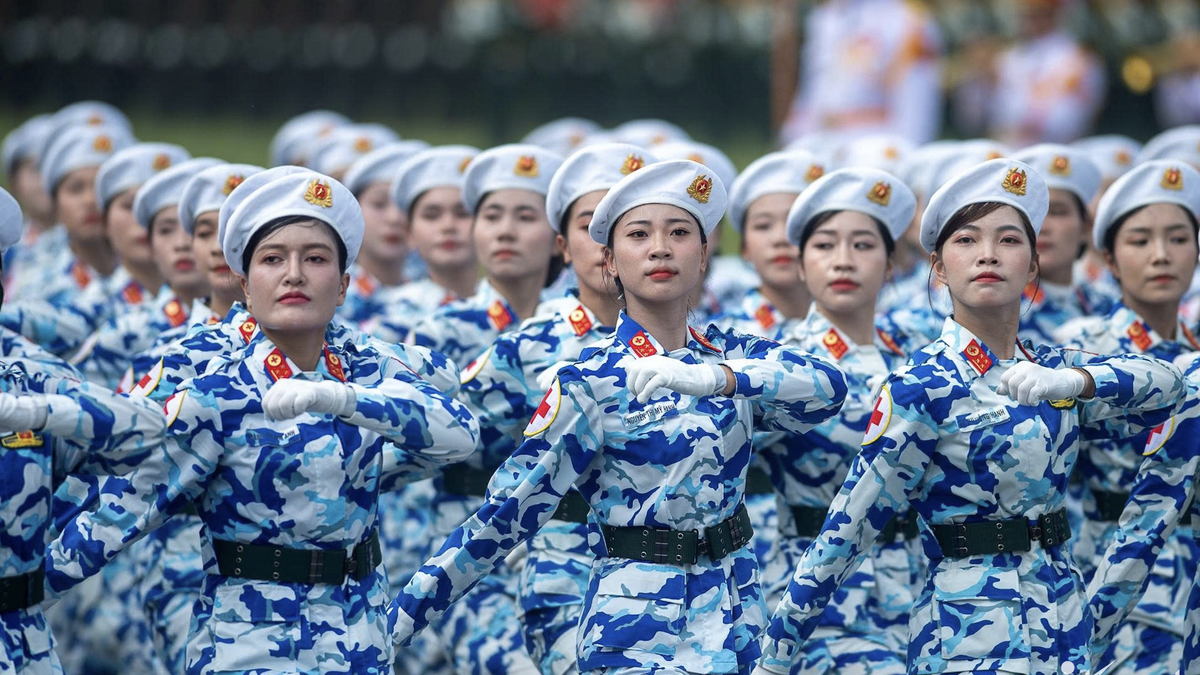
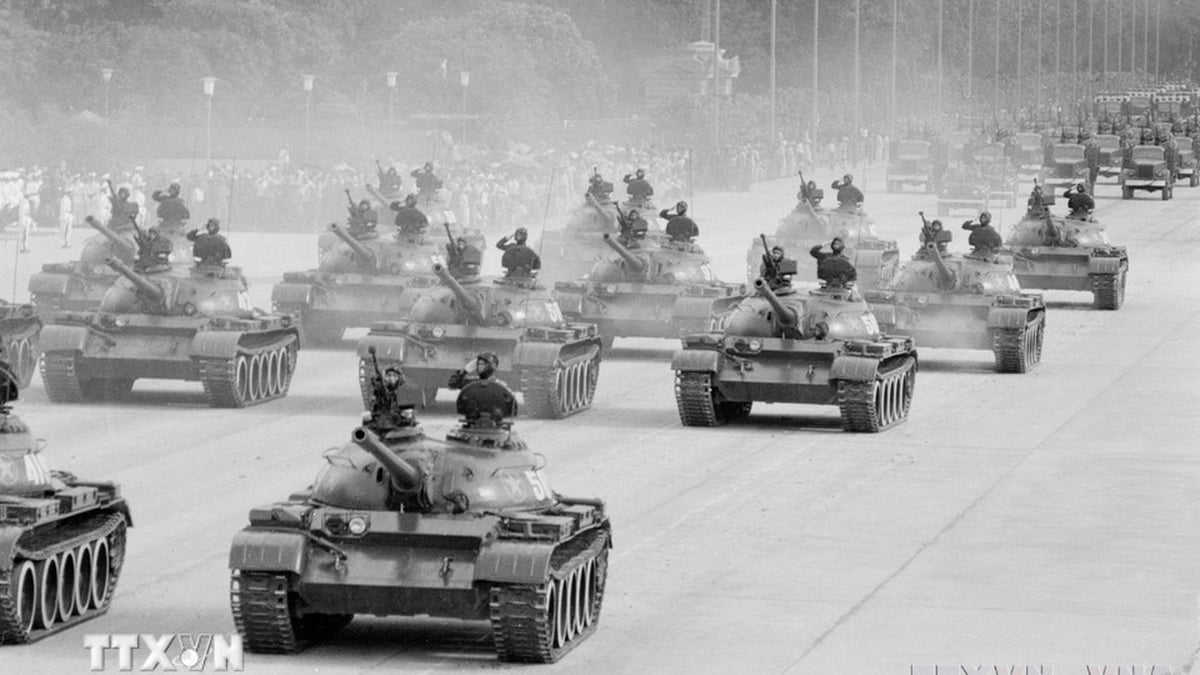
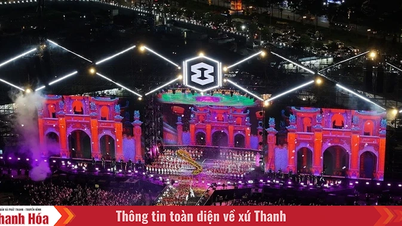

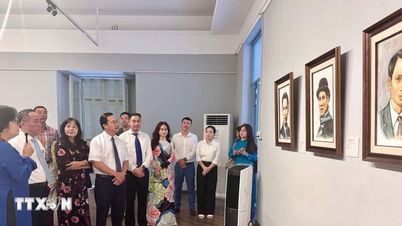

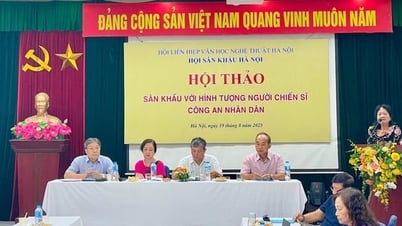
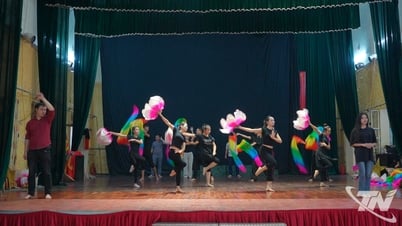

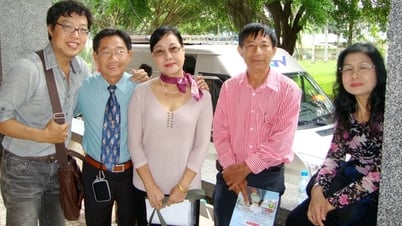


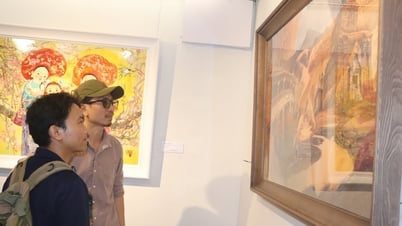

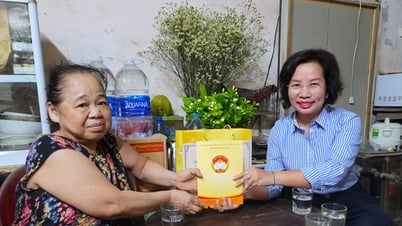
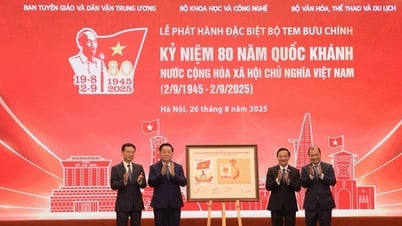
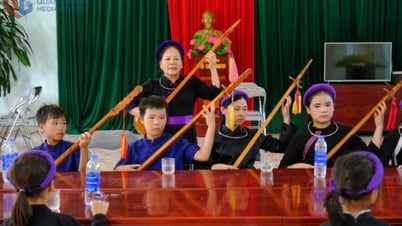

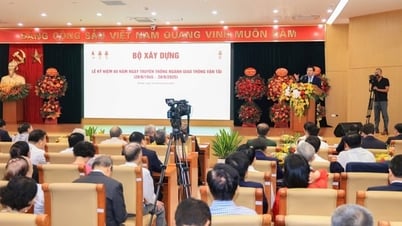
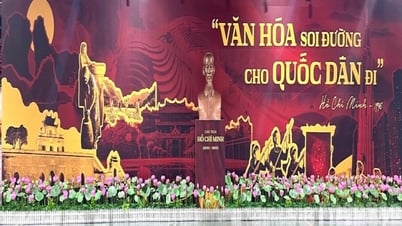





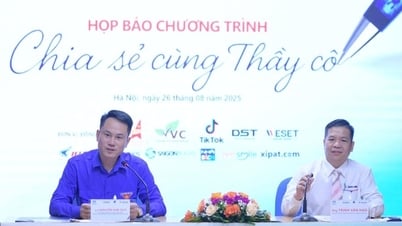
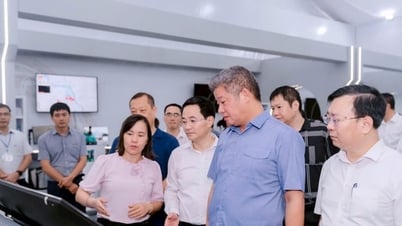
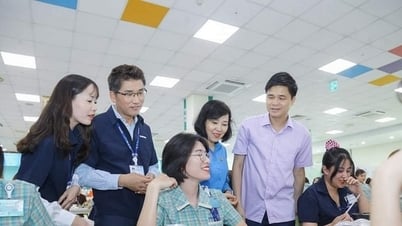
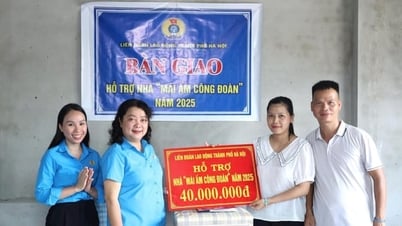
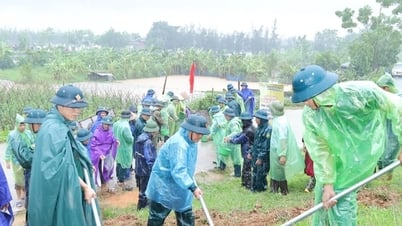

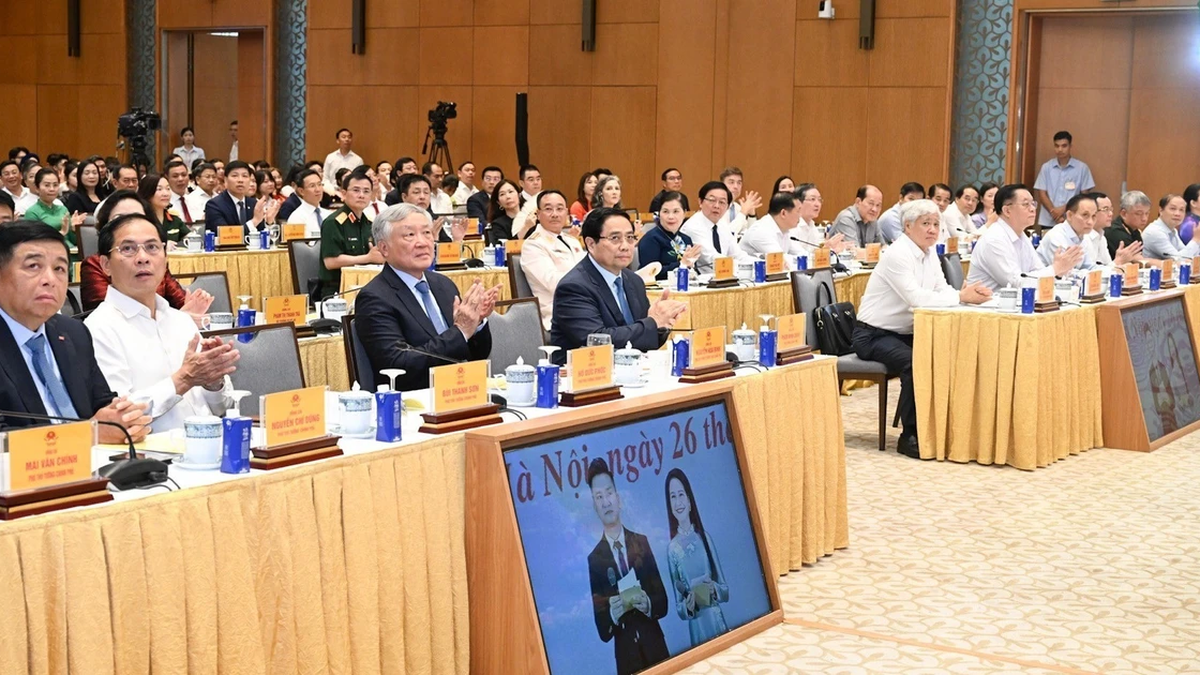
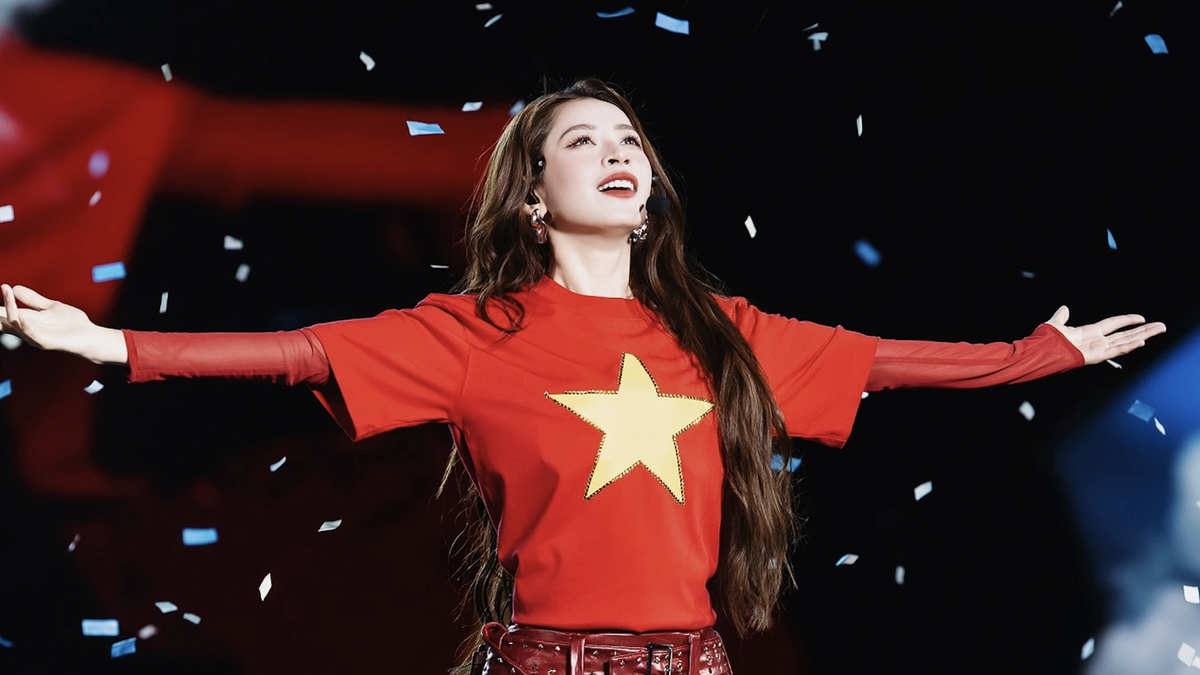






























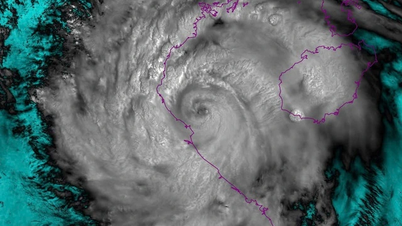
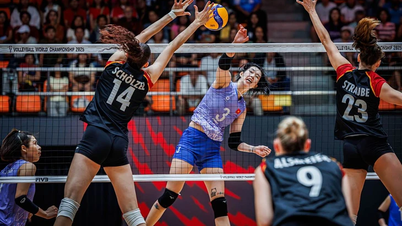
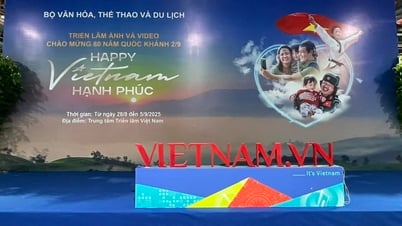
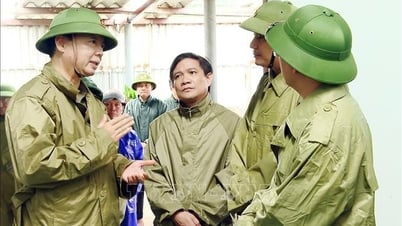

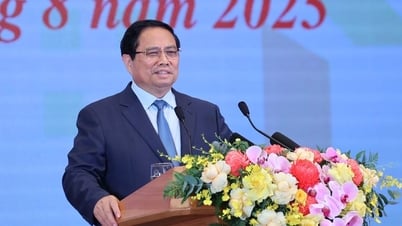
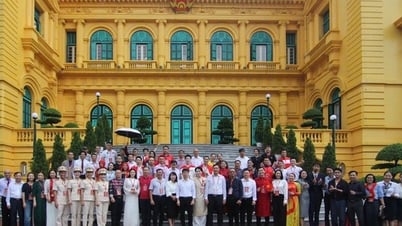

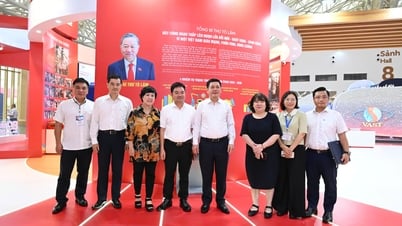

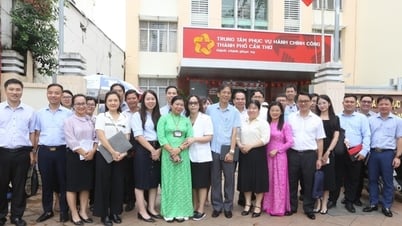

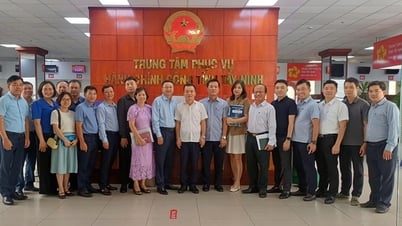
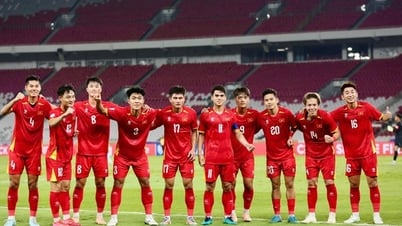

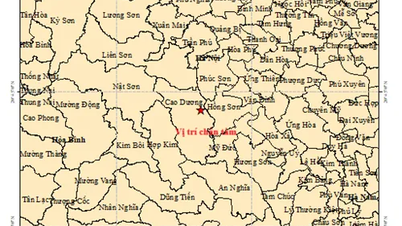


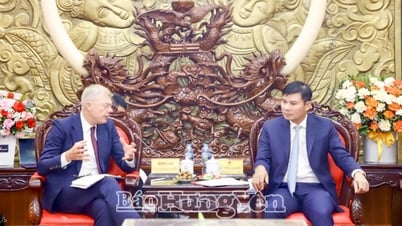

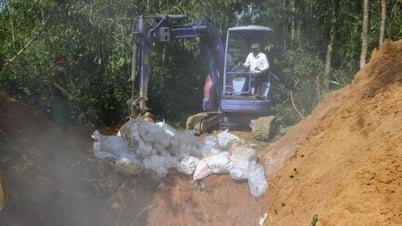

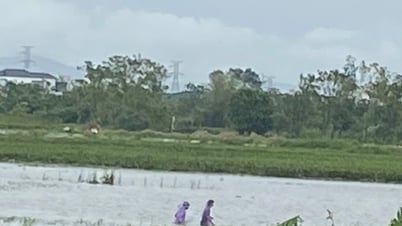

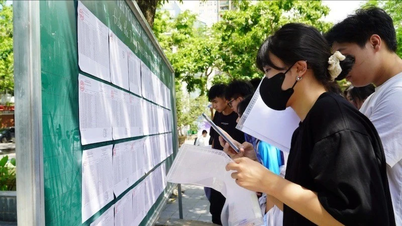





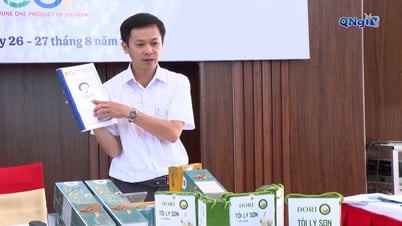





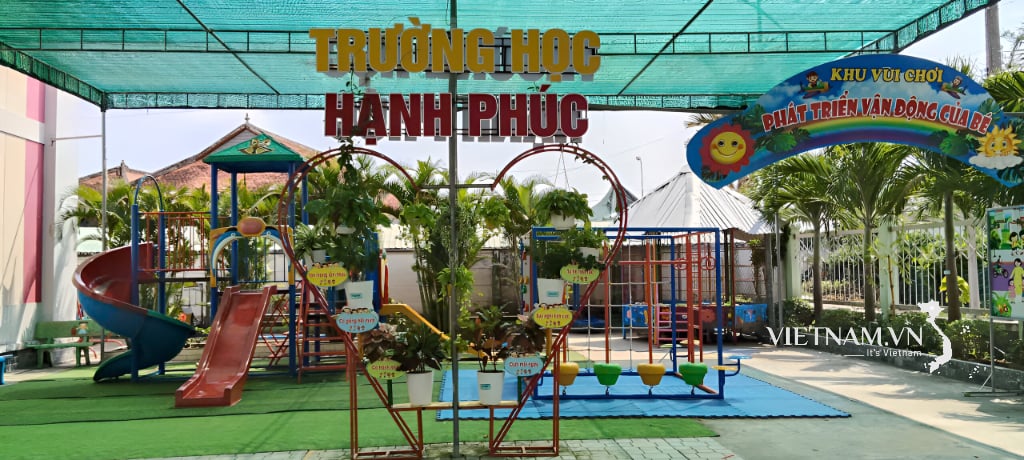

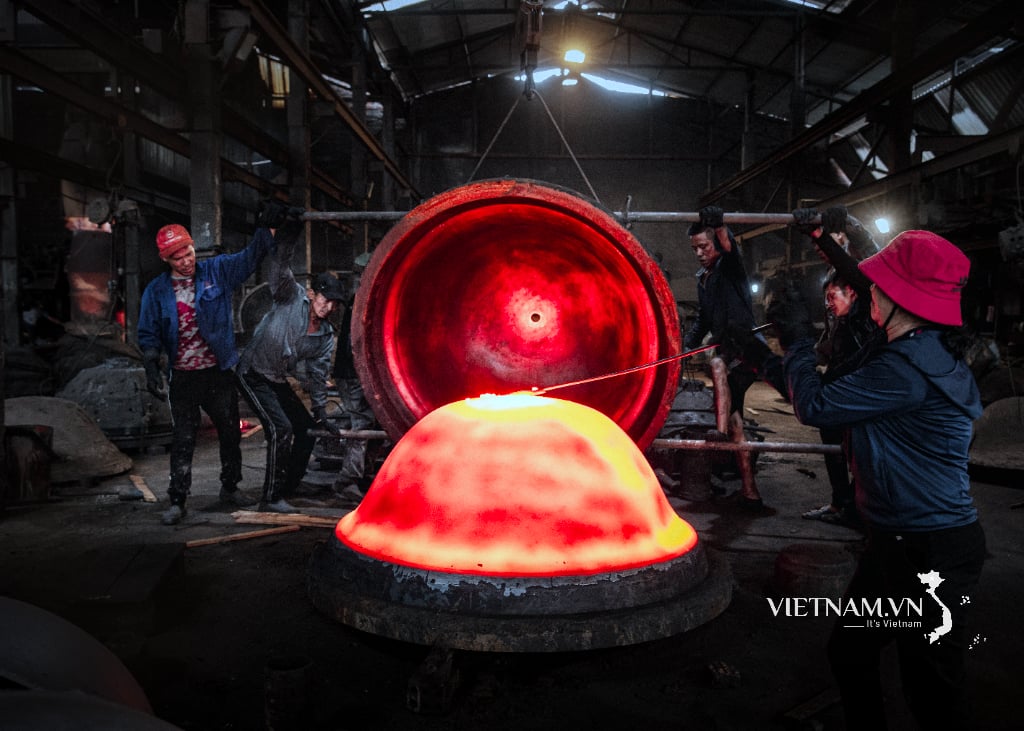

Comment (0)